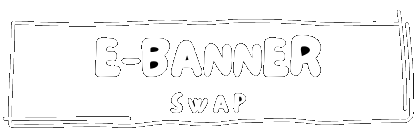An invention is a unique or novel device, method or composition. In law, an invention is a creation of the mind which includes a tangible or intangible asset, that satisfies the following criteria:
- Novelty: The invention must be new and not known to others through prior use or through public disclosure anywhere in the world before filing the patent application.
- Non obviousness: The invention must not be obvious to someone skilled in the art (i.e., it must have inventive step).
- Utility: The invention must work safely and effectively when applied according to its intended use.
- Technological aspect: The invention must be a product of technology, i.e., it is not an abstract idea but a practical application of science and engineering principles that can be made or used in the form of a device, machine or process.

How Inventions Change The World?
The invention of the telephone, airplane, and computer have changed the world. They have created new industries and made it possible to do things we couldn’t before as explained in https://www.fashiongonerogue.com/top-inventions-changed-world-fashion-forever/ article.
The telephone and airplane make it possible to communicate instantly across distances and travel great distances in a short period of time. The computer has changed the way we work, play, and live. It has made it possible to store vast amounts of information and make calculations more quickly than ever before.
These inventions have changed the world and will continue to do so in the future. A good example of this is the internet. It has allowed us to communicate with others instantly, receive information from all over the world, and play games online.
Inventions are the result of human creativity. When people observe something in their environment and think about how they might improve it, they are inventing as you can read from https://www.lyricsstory.net/some-ways-in-which-tech-inventors-have-changed-our-lives/. Inventors often create new ways to solve problems or meet needs.
